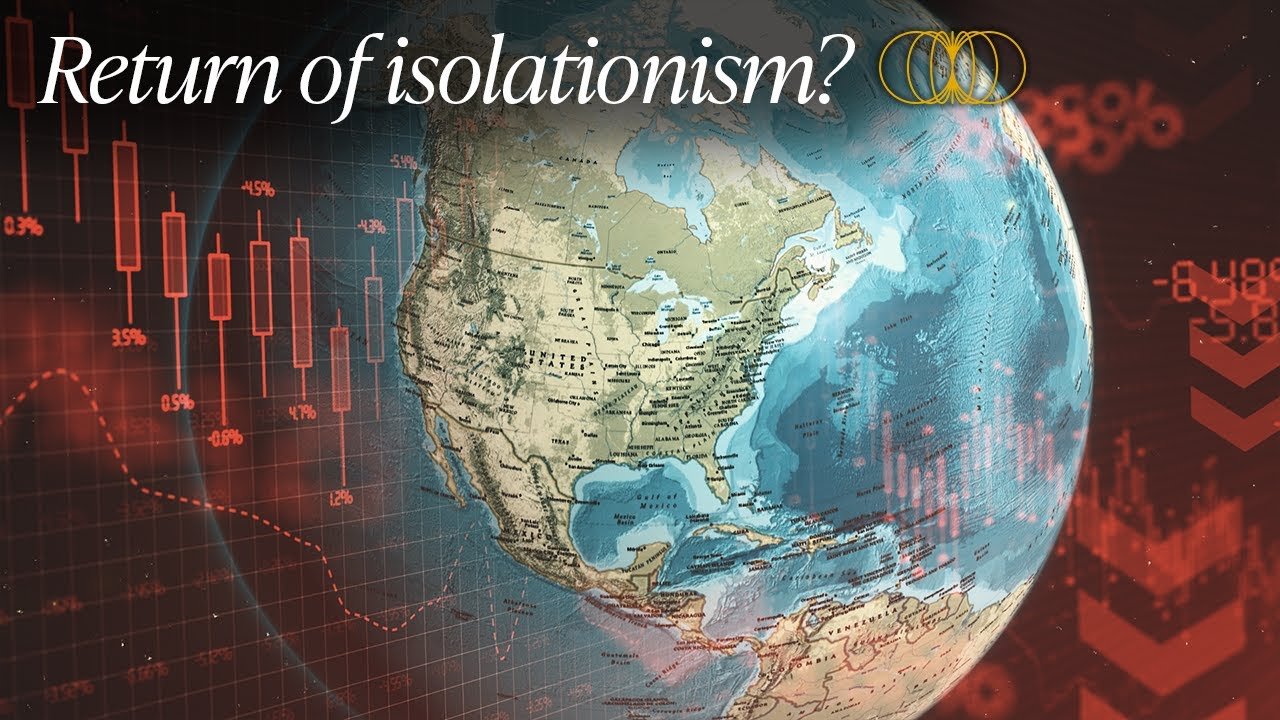The video discusses the evolution and potential decline of hyperglobalisation, highlighting significant shifts in economic models and international trade dynamics. It outlines the historical context of globalization, tracing its acceleration from the post-World War II era to the present day, and examines the impacts of neoliberal policies, the technological revolution, and the 2007-2009 financial crisis on global economic integration. The video also explores the rise of protectionism and economic nationalism, as well as the challenges and changes in global trade patterns, including the effects of the COVID-19 pandemic and geopolitical tensions on supply chains and economic policies. The focus is on the search for a new economic model that balances globalization benefits with its social and economic drawbacks, reflecting the complex interplay between economic interdependence and national security in shaping the future of global trade.
- The historical waves of globalization and their impacts on the global economic system.
- The role of technological advancements in facilitating hyperglobalization and its association with the 2007-2009 financial crisis.
- The critique of neoliberal policies and their contribution to economic stagnation, growing social inequalities, and challenges to democracy.
- The shift towards protectionism and economic nationalism, as evidenced by significant political changes in the US and other countries.
- The impact of the COVID-19 pandemic on global supply chains and the reevaluation of economic dependence and globalization strategies.
- The emerging concepts of decoupling and derisking in response to geopolitical tensions and the quest for economic security.
- The role of key countries and regions in the evolving global trade landscape, including the US, China, the EU, and developing economies.
- The implications of shifting economic policies and trade strategies on global competitiveness, technological innovation, and national security.
- The potential for a new economic consensus that seeks to mitigate the negative effects of globalization while harnessing its benefits for sustainable and equitable growth.
- The importance of international cooperation and multilateralism in addressing global economic challenges and ensuring stability in the face of geopolitical shifts.
“Channel tackling global issues from the fields of geopolitics, international relations, economy, technology, which shape the world of today.”
Official website: patreon.com/gtbt
Original video here.
This summary has been generated by AI.

Leave a Reply